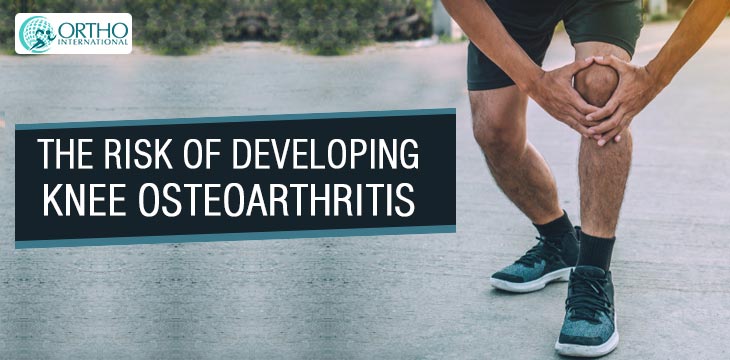Knee osteoarthritis (OA) is a widespread problem of pain, lost fertility, and disability. Knee OA bothers and very often, it stings a lot. Osteoarthritis of the knee has been growing in terms of the rate of men and women who undergo it. Thigh vulnerability has been observed in people with knee osteoarthritis. Recent research seems to imply that leg strengthening decreases the risk of developing osteoarthritis of the knee. Is thigh strengthening protecting for our knee joints?
Understanding What Is Osteoarthritis?
Osteoarthritis, by description, includes the loss of articular cartilage in the knee. The articular cartilage regularly coats the ends of the bones of the knee and works as a cushion or shock absorber. When the cartilage is healthful, it is compact and robust, and the joint doesn’t damage or swelling. When the cartilage matures arthritic or degraded, it bends, and it becomes more fragile. If the cartilage is more malleable and more sensitive than it is reckoned to be, your knee might start hurting you. The arthritic method also induces swelling. That swelling leads to the accumulation of water on the knee, and it is the basis of pain in most events of osteoarthritis.
Ultimately, the cartilage of the joint fatigues away to the limit that the bones of the knee might be stirring one another. It is at this limit that the pain might be sharp enough to guarantee the thought of knee replacement surgery. It would seem reasonable that if we can show that strengthening the thigh will reduce the risk of progressive, symbolic osteoarthritis of the knee that you may be involved in beginning your quadriceps exercises.
Talking About Chemicals Involved In Arthritis Progression
There are many speculations about arthritis, and as of today, there are no medications or established interferences that will correct arthritis from becoming more dangerous. Therefore, it is binding upon us to induct suitable alterations to our lifestyle that will reduce our risk of acquiring osteoarthritis.
The specific reasons why activity might reduce the risk of arthritic progression are still not well recognized. Arthritis progress is a very complicated topic. There are 100+ chemicals, DNA modifications, and hormones that can influence the cartilage and the pain that you encounter.
IL-6 is a well-known, highly provocative chemical that our body produces. It induces inflammation and pain. It is one of the principal causes of chronic inflammation that drives to a host of disorders in humans, and it is one of the aggregates found in the knee that generates pain. IL-6 collections go down with exercise, or with working. That’s one of the motives why a solid, achy arthritic joint seems better once you get up and get moving.
IL-10 is one of the body’s anti-inflammatories and its concentration will improve with training. So, exercise can reduce the inflammatory IL-6 while raising the production of IL-10. This is but one of the 100s of methods that take station in our joints, but it is a pure example of how action and activity might enhance the atmosphere within the knee and depreciate the risk of arthritic progress.
Strengthening Exercises Can Decrease Or Limit Degeneration And Osteoarthritis
Strengthening enhances your endurance, balance, and proprioception- known patrons to a decrease in fracture rate. Damages, especially injuries to the cartilage, increase your risk of acquiring osteoarthritis. Strengthening may limit certain types of stress placed on the knee with our different exercises. Abnormal translational inclinations are not well permitted by cartilage in the knee. It produces something we relate to as a shear strain. Shear stress can guide to cartilage degeneration and osteoarthritis. The stronger your limbs are, the better the authority you have over the amount of shear stress that your knee is subject to. This could be one of how stronger legs minimizes the rate of arthritic progression.
Reference
If you have any complains regarding your knee joints try meeting Dr. Abhishek Mishra, best Joint replacement surgeon in Delhi and a well- known spine surgeon with the expertise of more than 22 years.
